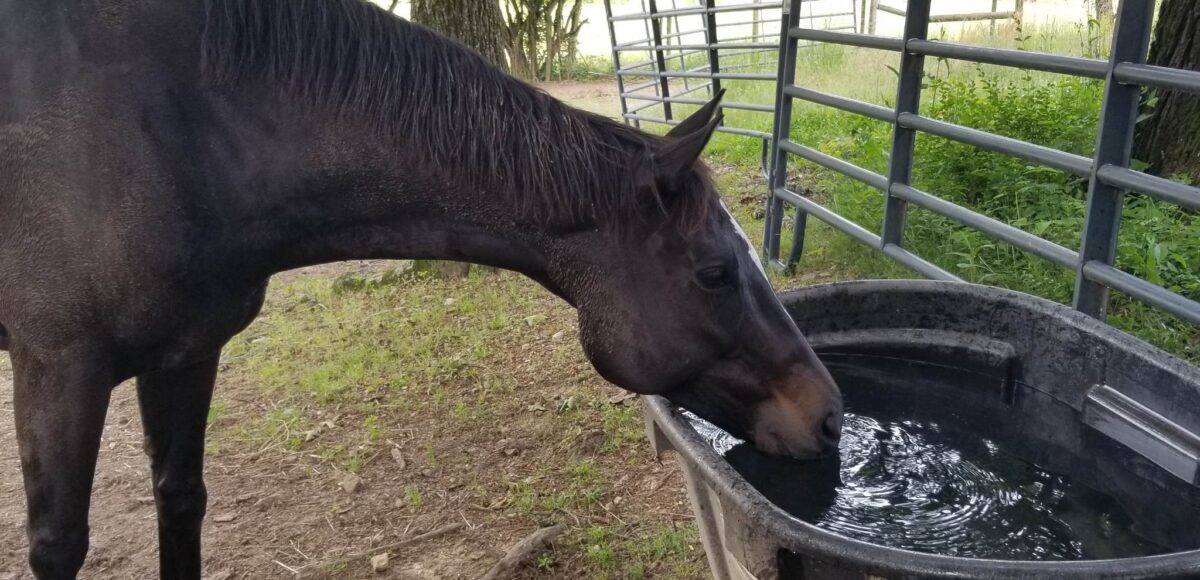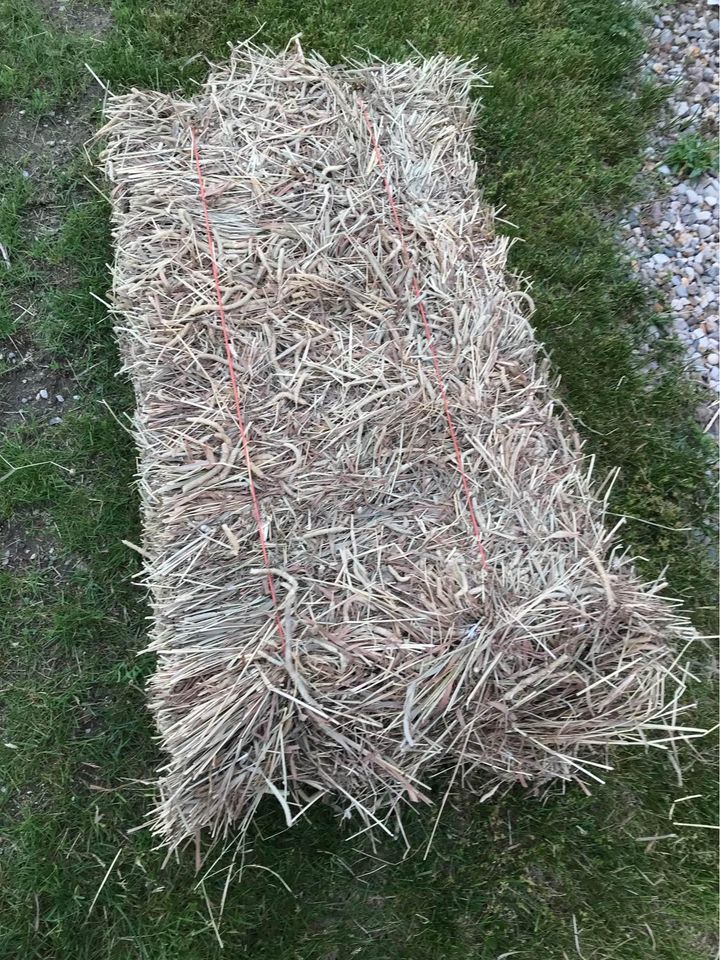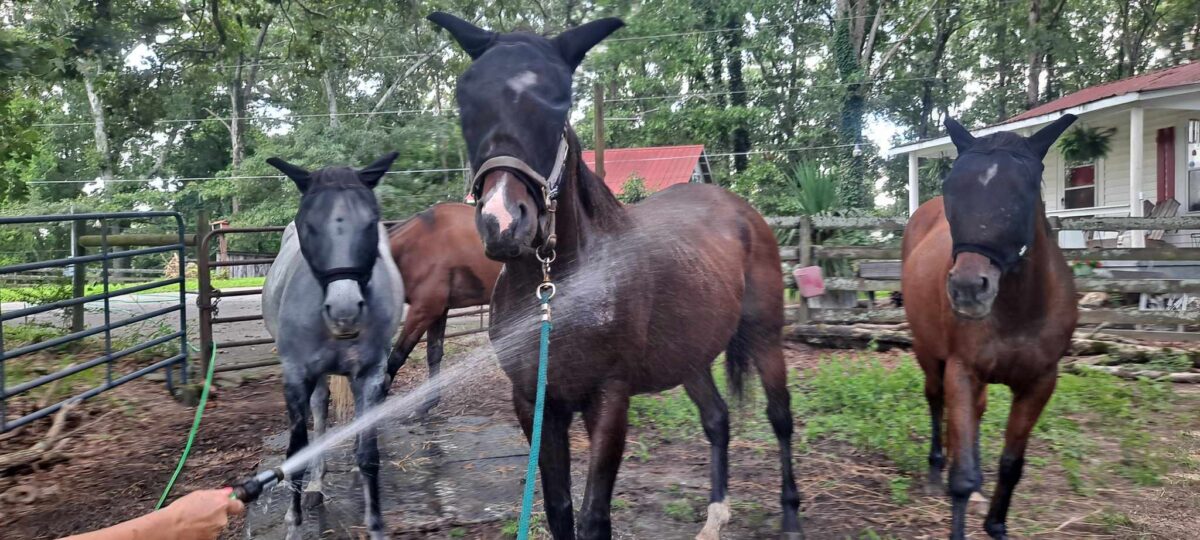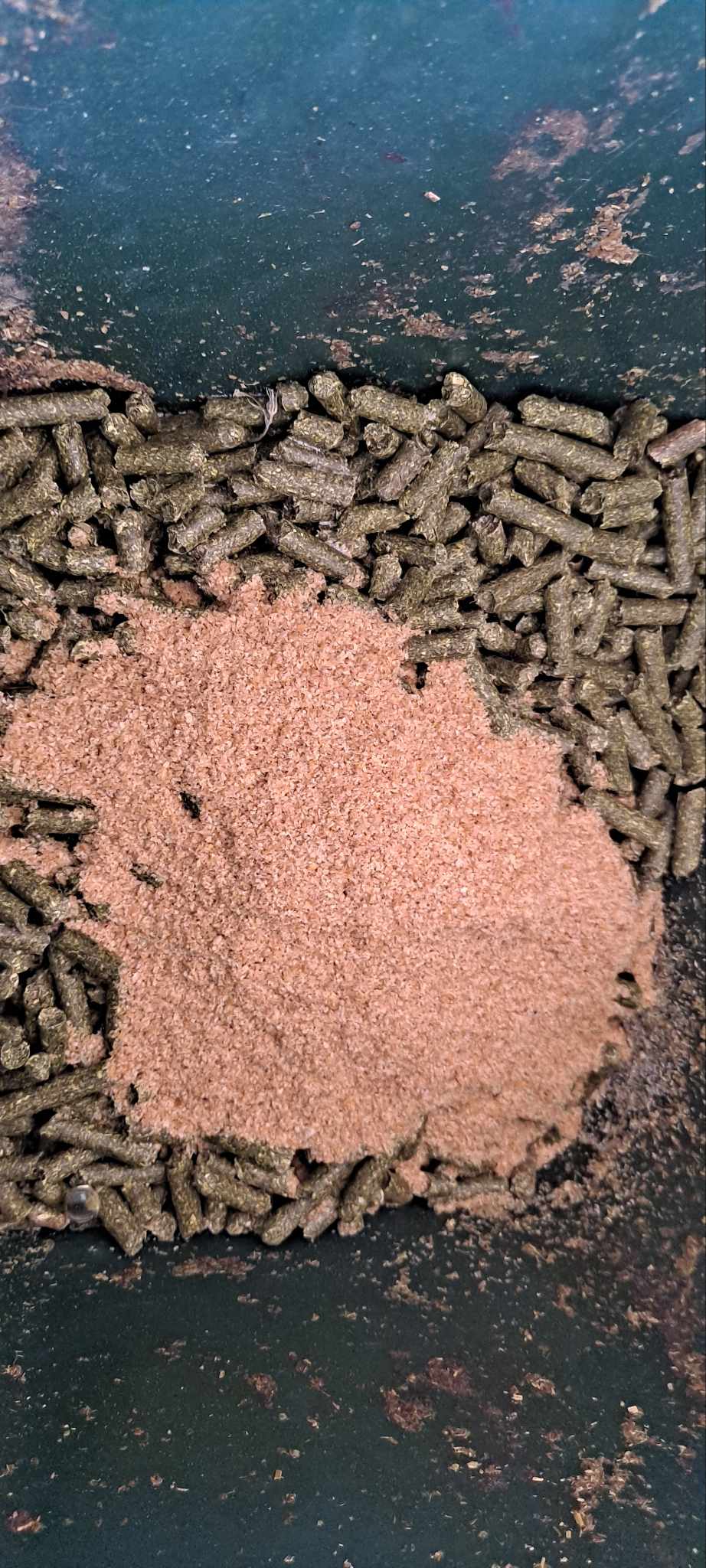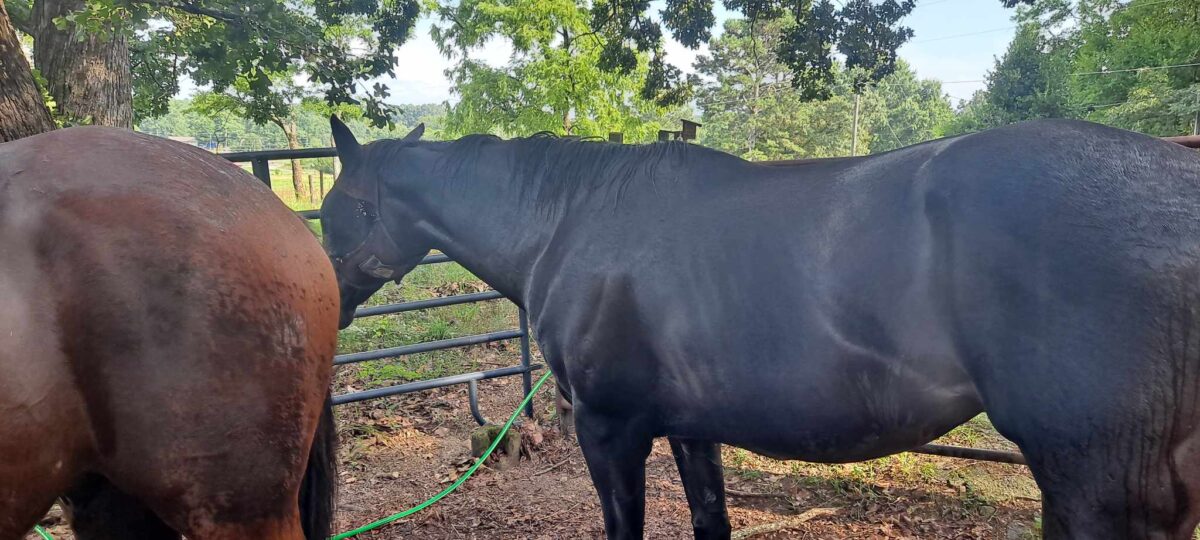In extreme heat, horses need to drink more water to stay properly hydrated and maintain their overall health. The amount of water a horse should drink depends on various factors, including the horse’s size, age, activity level, and the severity of the heat. As a general guideline, horses should have access to clean, fresh water at all times, and their water intake may increase significantly in hot weather.
On average, a horse may consume 5 to 10 gallons (approximately 19 to 38 liters) of water per day under normal conditions. However, in extreme heat, this amount can increase to 10 to 20 gallons (approximately 38 to 76 liters) or more. Some horses may even drink up to 30 gallons (approximately 114 liters) of water per day during extremely hot weather.
To encourage horses to drink enough water during hot weather, consider the following tips:
- Provide Ample Water Supply: Ensure that horses have constant access to clean, fresh water. Monitor water levels regularly and refill the water containers as needed.
- Use Large, Sturdy Water Containers: In extreme heat, horses can drink more water, so using large, sturdy water troughs or automatic waterers is essential to ensure an adequate supply.
- Keep Water Cool: In extremely hot conditions, water in metal troughs can become very hot. Consider using shaded water troughs or insulating the troughs to keep the water cooler and more appealing to the horses.
- Electrolytes: Offer an electrolyte supplement to horses that are sweating excessively due to heat or exercise. Electrolytes can help replace essential minerals lost through sweating and encourage horses to drink more water.
- Encourage Grazing: Allowing horses access to pasture during cooler parts of the day can also help increase water intake, as fresh grass contains a high water content.
- Monitor Horse’s Behavior: Observe your horse for signs of dehydration, such as sunken eyes, lethargy, decreased skin elasticity, and dark-colored urine. If you suspect your horse is dehydrated, consult with a veterinarian immediately.
Remember that individual horses may have different water needs based on their size, activity level, and other factors. Monitoring water intake and providing access to abundant fresh water is crucial to ensure your horse stays well-hydrated during extreme heat, helping to prevent dehydration and heat-related health issues.

